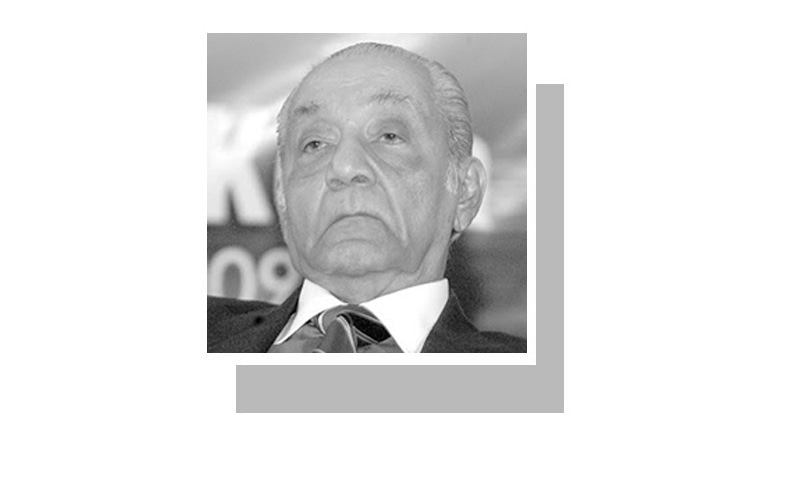
WHEN it comes to claiming exemption from accountability to the law, ‘holy men’ do not lag far behind ministers and celebrities. Yogi Adityanath feels entitled to double protection. Besides being head of the mutt (religious endowment) at Gorakhpur, which he represented in the Lok Sabha for five terms, he is the current chief minister of Uttar Pradesh.
He and four others (including Shri Pratap Shukla, current minister of state for finance) were facing prosecution for delivering a ‘hate speech’ that led to communal riots in Gorakhpur. Shortly after the yogi became chief minister, the principal secretary (home) passed an order on May 3, 2017, refusing to accord sanction to prosecute the chief minister. Under the rules of business of the state government, passing such order is the sole prerogative of the chief minister or the governor. The 2007 case was not the only one of its kind.
The order was challenged in the high court, which observed last August that people “cannot be left remedy-less”. It asked the state government to submit case diaries and original records of the investigation. The state’s case was receiving short shrift. Rather than wait for the verdict, the yogi announced on Dec 22, 2017, that a bill to amend the UP Criminal Law (Composition of Offences and Abatement of Trials) Act would be moved in the state’s assembly — where he enjoys a majority — so that nearly 20,000 such cases against “political workers” would be withdrawn. Safety lies in numbers.
Protection from prosecution is still legally sanctified.
Sure enough, on Jan 8, 2018, Governor Ram Naik (a BJP veteran) accorded his consent to the bill passed by the assembly to permit the withdrawal of around 20,000 ‘politically motivated’ cases filed in the state over demonstrations, including one against Yogi Adityanath and others, which was filed in Gorakhpur, his home turf, on May 27, 1995. It is scandalous that the case — concerning a ‘hate speech’ that led to rioting during a Muharram procession — should have lingered for 22 years. The bill’s effect on the 2007 case remains to be seen.
This is reminiscent of prime minister Indira Gandhi’s legislative skulduggery, when she had the president declare an emergency following a high court ruling that unseated her for violating the election law. The law was amended in her favour, and the constitution was amended to debar the courts from hearing election cases involving the prime minister and other worthies. The constitutional amendment was struck down by the supreme court, but her election was upheld because the law was amended.
That the yogi’s law is unconstitutional goes without saying. But another legally sanctified outrage still remains on the statute book. It is the provision for the state government’s sanction for the prosecution of its own ministers or civil servants, embodied in Section 197 of the colonial-era Criminal Procedure Code (CrPC). It provided that where any public servant is accused of any offence alleged to have been committed by him “while acting or purporting to act in the discharge of his official duty”, no court shall take cognisance of it except with the previous sanction of the government that employed him; in effect, the authority competent to remove him.
In the case of a minister, this is the chief minister or prime minister; in the case of the latter two, it is the governor or president, both political appointees. They are required to act in their individual discretion. The governor is amenable to the centre’s wishes.
A formidable body of case law developed for over a century as to when an act can be said to have been done by a public servant while acting “in the discharge of his public duty”. Section 197 is a lawyer’s paradise. It was retained even when the CrPC was recast in 1973.
The great jurist A.V. Dicey wrote of monarchical Britain over a century ago: “[E]very official, from the prime minister down to a constable or a collector of taxes, is under the same responsibility for every act done without legal justification as any other citizen. The reports abound with cases in which officials have been brought before the courts, and made, in their personal capacity, liable to punishment, or the payment of damages, for acts done in their official character but in excess of their lawful authority.” It is a well-recognised principle of criminal jurisprudence that anyone can set the criminal law into motion except where the statute enacting or creating an offence indicates the category.
In India, British colonialists departed from the law in Britain to protect their officials from prosecutions launched by Indians. Leaders of independent India gladly adopted it. The supreme court waxes eloquent on judicial activism, but it has yet to strike down Section 197.
The writer is an author and lawyer based in Mumbai.
Published in Dawn, January 20th, 2018











































